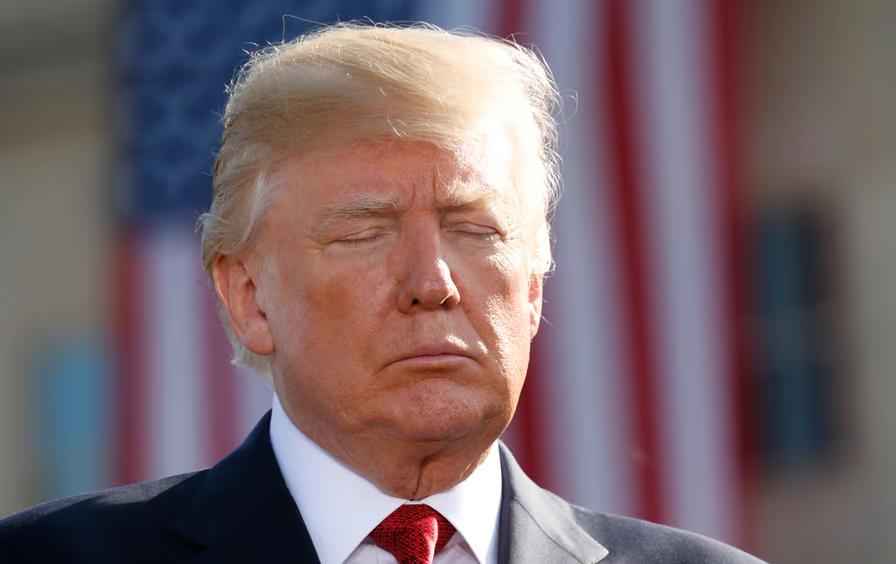Indonesia to Launch New Clearing House for Financial Markets
Sep 24, 2024 / GMT+6
Indonesia's central bank will launch a central counterparty clearing house for foreign exchange and money market transactions, enhancing market efficiency.
Indonesia's central bank announced that it will launch a new central counterparty clearing house (CCP) next week. This clearing house will serve foreign exchange and money market transactions.
The goal is to improve the country's capital markets, making them more efficient. Indonesia is the largest economy in Southeast Asia, and this new system is a big step forward.
The central bank, known as Bank Indonesia (BI), explained that the CCP will help to bring together Indonesia's money and foreign exchange markets. Currently, these markets are not well connected.
By integrating them, the CCP will make it easier for banks to manage their money. It will reduce risks, such as defaults, which can happen when a bank fails to meet its financial obligations.
Donny Hutabarat, who leads the Financial Market Development Department at BI, shared insights during a media briefing. He emphasized that the current way of setting market prices is not very efficient.
Right now, large banks mostly make deals with other large banks. This limited interaction can lead to inefficiencies in the market.
With the launch of the CCP, transactions in the money market are expected to become more efficient. This means banks will be able to make more deals and handle larger transaction volumes.
More efficiency in the market is good news for everyone involved, including businesses and consumers.
One of the first instruments that the CCP will handle is the Domestic Non-Deliverable Forwards (DNDF). This is a type of financial contract that helps banks manage currency risk.
The clearing house will start facilitating DNDF transactions right away. Over the next five years, starting in 2025, it will also begin to manage other types of transactions.
These include repos (which are short-term loans), interest rate swaps (agreements to exchange interest payments), and overnight indexed swaps (which are agreements based on overnight interest rates).
The CCP is designed to allow participation from non-banking institutions starting in 2026. This means that more players in the financial market can get involved, which could lead to even more growth and efficiency.
However, BI did not specify any target volume for DNDF transactions after the clearing house launches. It remains to be seen how much activity the CCP will generate in the early days.
The clearing house will have several important shareholders. These include the Indonesia Stock Market Clearing House, Bank Indonesia itself, and eight major banks.
These banks are Bank Central Asia, Bank Rakyat Indonesia, Bank Mandiri, Bank Negara Indonesia, Permata Bank, Bank Danamon, CIMB Niaga, and Maybank. Each of these shareholders will contribute to a guarantee fund. This fund is important because it can help prevent the clearing house from facing financial problems.
Even though BI will hold shares in the CCP, it will act mainly as a regulator. This means that its role will be to oversee the clearing house and ensure that it operates smoothly and safely. Alongside BI, Indonesia's financial services authority will also supervise the CCP.
The establishment of the CCP follows global recommendations. In 2019, Bank Indonesia issued new rules on clearing houses. These rules came after a G20 resolution aimed at controlling risks in financial markets, especially after the global financial crisis in 2008. To create the CCP, BI looked at successful models from other countries, especially from Japan and the UK.







